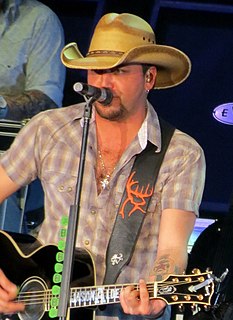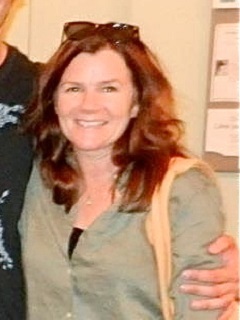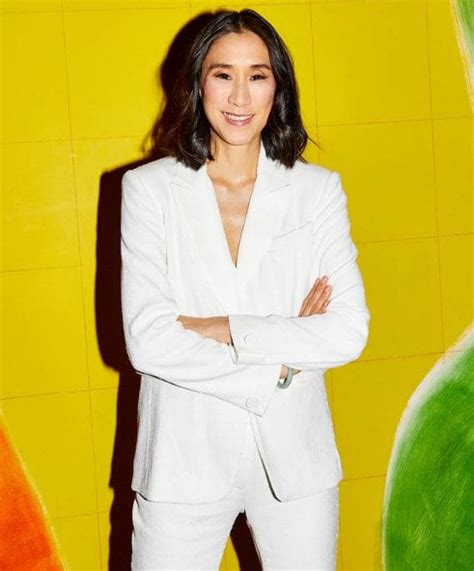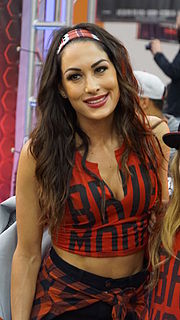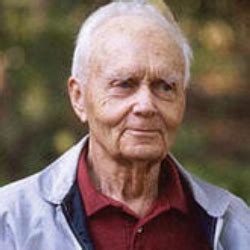A Quote by Cornelia Funke
When you open a book it's like going to the theater first you see the curtain then it is pulled aside and the show begins.
Related Quotes
If you take a book with you on a journey," Mo had said when he put the first one in her box, "an odd thing happens: The book begins collecting your memories. And forever after you have only to open that book to be back where you first read it. It will all come into your mind with the very first words: the sights you saw in that place, what it smelled like, the ice cream you ate while you were reading it... yes, books are like flypaper—memories cling to the printed page better than anything else.
I didn't have drama in high school. So when I graduated high school and started at Wayne State in Detroit, I told my parents I was going to major in theater. And they were like, 'OK. Why? You've never done it.' But, it was just what I wanted, and they came to see my very first show and, from then, completely supported me.
Reading a book, for me at least, is like traveling in someone else's world. If it's a good book, then you feel comfortable and yet anxious to see what's going to happen to you there, what'll be around the next corner. But if it's a lousy book, then it's like going through Secaucus, New Jersey -- it smells and you wish you weren't there, but since you've started the trip, you roll up the windows and breathe through your mouth until you're done.
What I do usually is read the book first, for pleasure, to see if my brain starts connecting with it, as a movie. And then, if I say yes, I read it again, only this time I take a pen and, inside the book, I say, "Okay, this is a scene. I don't need this. I'm going to try this. I'm not going to take this." And then, I use that book like a bible and each chapter heading, I write a menu of what's in that chapter, in case I ever need to reference it. And then, I start to outline and write it. I get in there and it starts to evolve, based on having re-read it again.
It's all a play. Hiroshima and Nagasaki happen, there are hundreds of thousands of dead, and the curtain comes down, and that's the end of that. Then Korea happens. Vietnam happens, all that happened in Latin America happens. And every now and then, this curtain comes down and history begins anew. New moralities and new indignations are manufactured...in a disappeared history.
Because I come from the theater, I use the images of the theater and of movies a great deal when I write. I see the story in my head. I have to break down the outline of a story first. I have to know where I'm going. Usually I have a good beginning and a good ending, and then I think, "Now I have to find my way through it."


